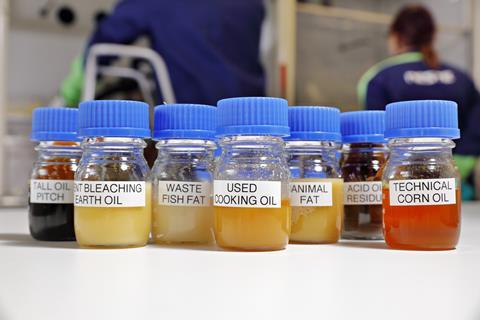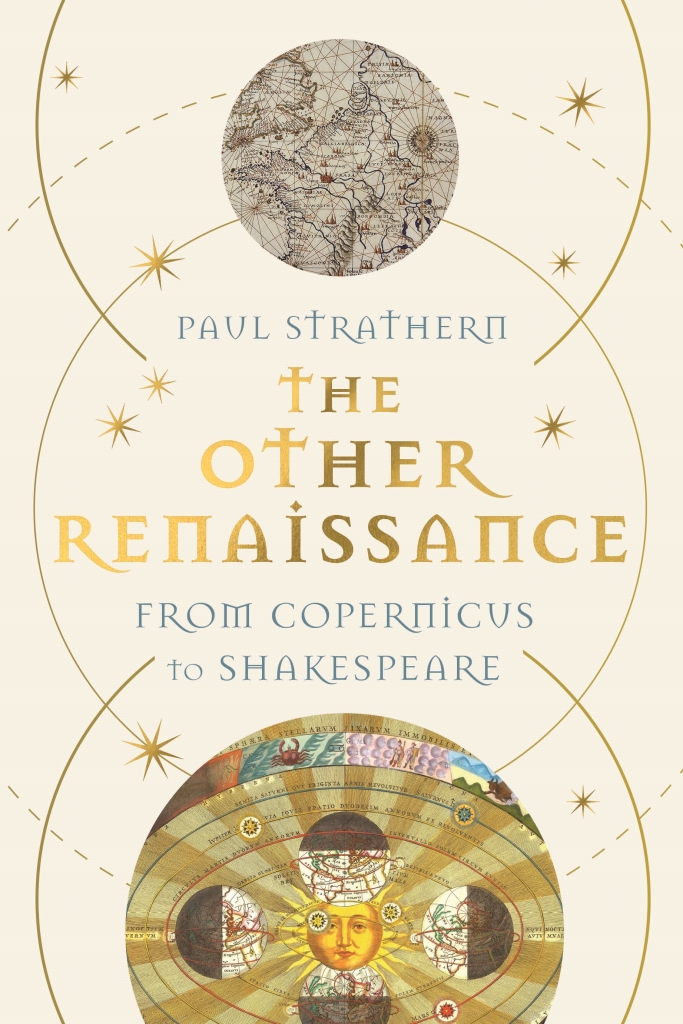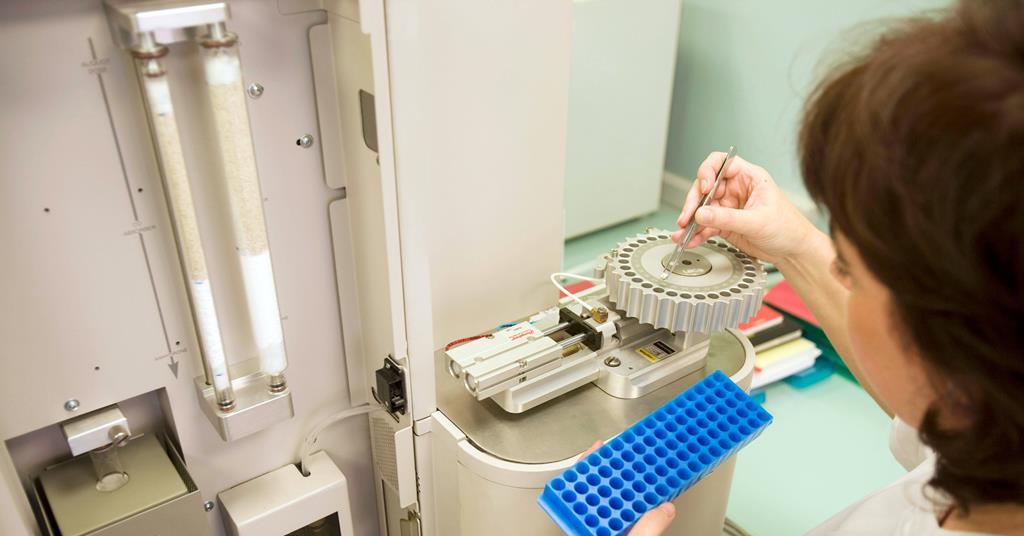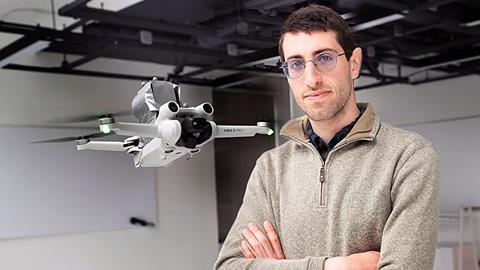As the world looks to reduce its reliance on plastics derived from petrochemical sources, the potential of renewable bio-based alternatives is coming to the fore. Whether as direct replacements for existing materials or completely new ones, the coming years will undoubtedly see significant penetration of bio-based plastics in the market. Pretty much any type of […]
Read More








